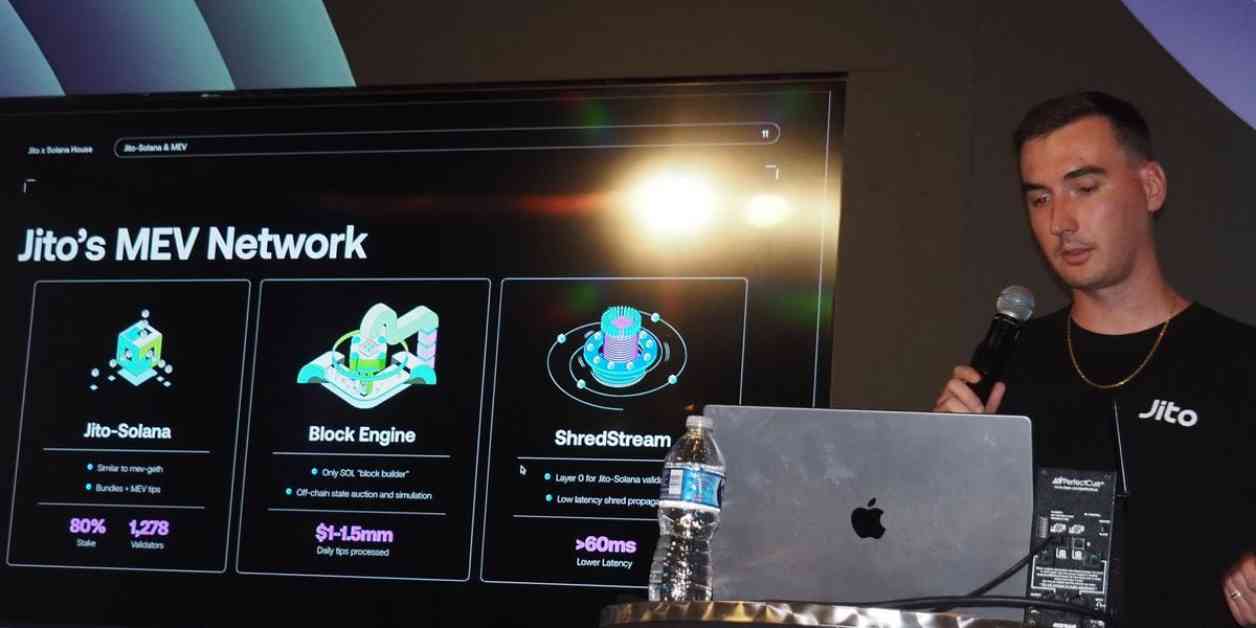Investors who hold Jito’s JTO token might soon benefit from receiving additional payouts in addition to their current holdings as part of a new redesign of the Solana protocol’s economic structure. Jito Labs has already facilitated billions of dollars in crypto transactions through its network, which aims to enhance the efficiency of Solana transactions. Profit-driven bots have spent significant amounts of SOL to manipulate transactions in their favor within this network.
The newly proposed TipRouter system will distribute tips generated by Jito to a network of node operators, who will need to reach a consensus on how to allocate the $15 million worth of tips generated every few days. In return, these node operators will receive a share of the profits, and JTO holders who stake their assets will also benefit if the governance proposal JTO-10 is approved.
This proposal builds on Jito’s recent initiatives, such as establishing a restaking network for Solana and implementing a futarchy-based governance model that prioritizes market decisions over traditional voting systems. If JTO-10 is approved, JTO holders will gain direct economic benefits, unlike before.
The adoption of this new system is expected to increase engagement with futarchy and MetaDAO, a decentralized governance platform on Solana. While interest in MetaDAO has been growing, participation has been limited due to its complexity. Jito’s involvement could help drive more involvement with futarchy and decentralized governance in the broader Solana community.
The implementation of TipRouter will also serve as an early test for Jito’s restaking network, which is one of the first of its kind on Solana. Brian Smith from Jito Foundation highlighted that the restaking setup was partly developed to support the decentralization of TipRouter and demonstrate the utility of these networks.
However, some key components of the final design, such as a slashing mechanism to penalize node operators who act dishonestly, will not be available initially. This mechanism is crucial for ensuring economic security within the broader restaking movement in the crypto space. Despite the absence of slashing initially, Jito’s TipRouter is expected to generate significant rewards for node operators and their stakers annually.
Smith mentioned that a slashing mechanism might be incorporated into TipRouter in the future to address complex scenarios that could arise. Currently, the rewards offered by the system are enticing enough to incentivize honest behavior without the need for penalties.
In conclusion, the proposed changes to Jito’s economic structure have the potential to benefit both node operators and JTO holders. The implementation of TipRouter and the expansion of the restaking network mark significant steps towards enhancing the efficiency and security of transactions within the Solana ecosystem. As these developments unfold, it will be interesting to see how they impact the broader decentralized governance landscape on Solana.

















